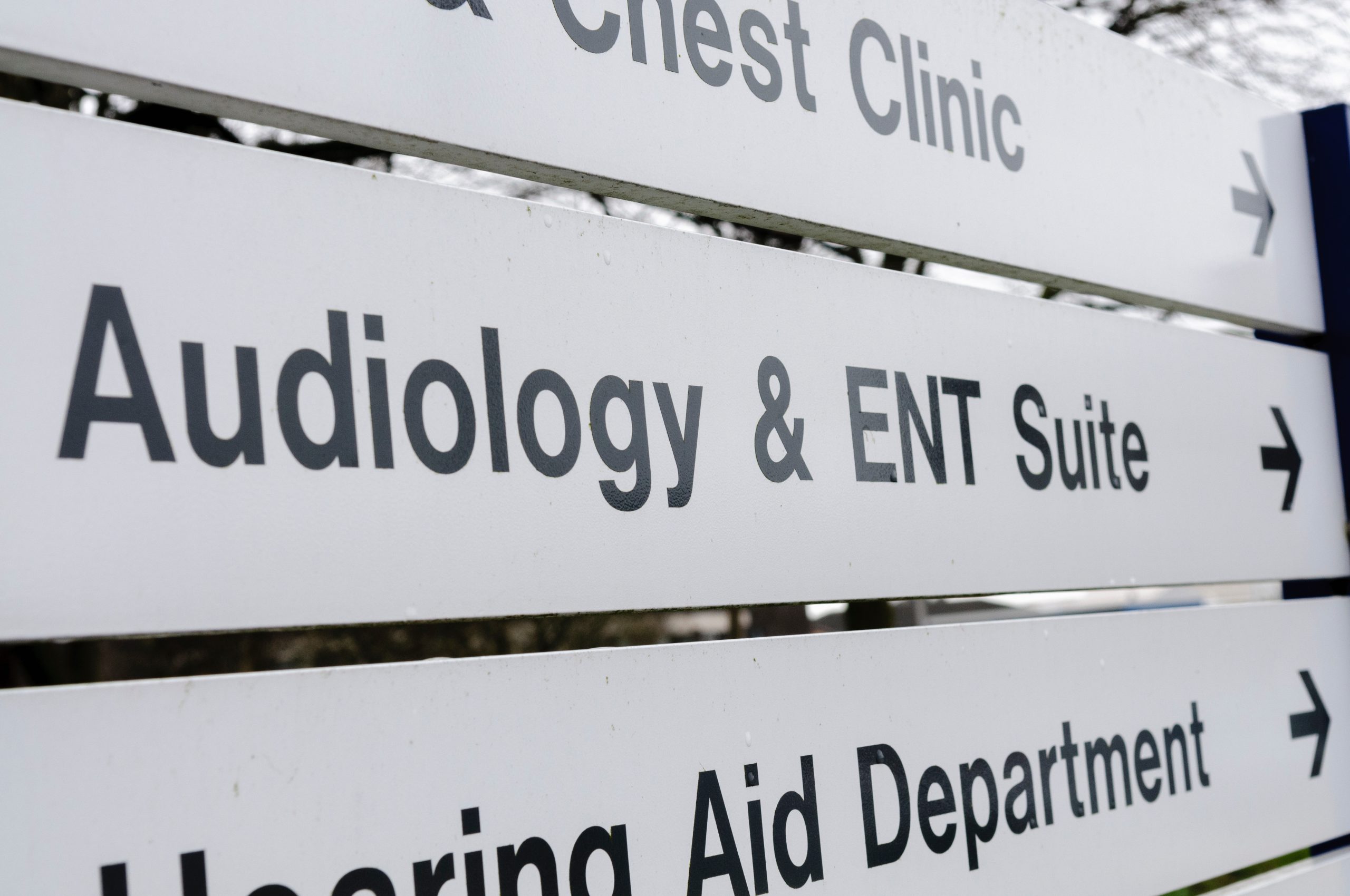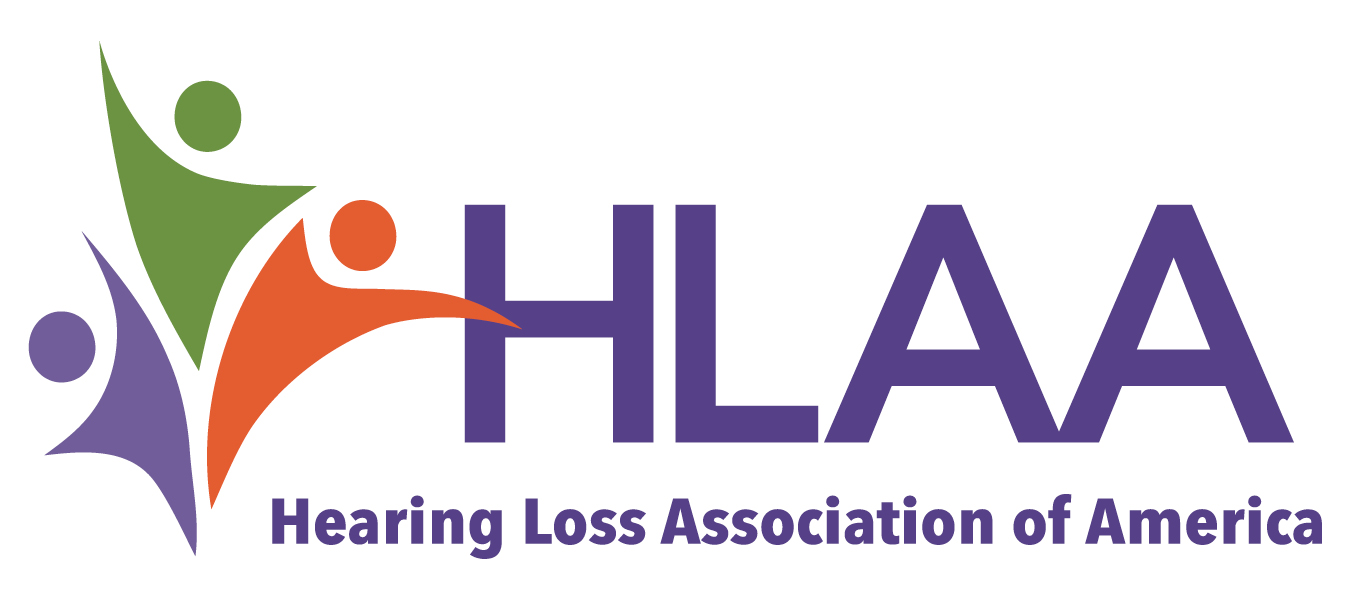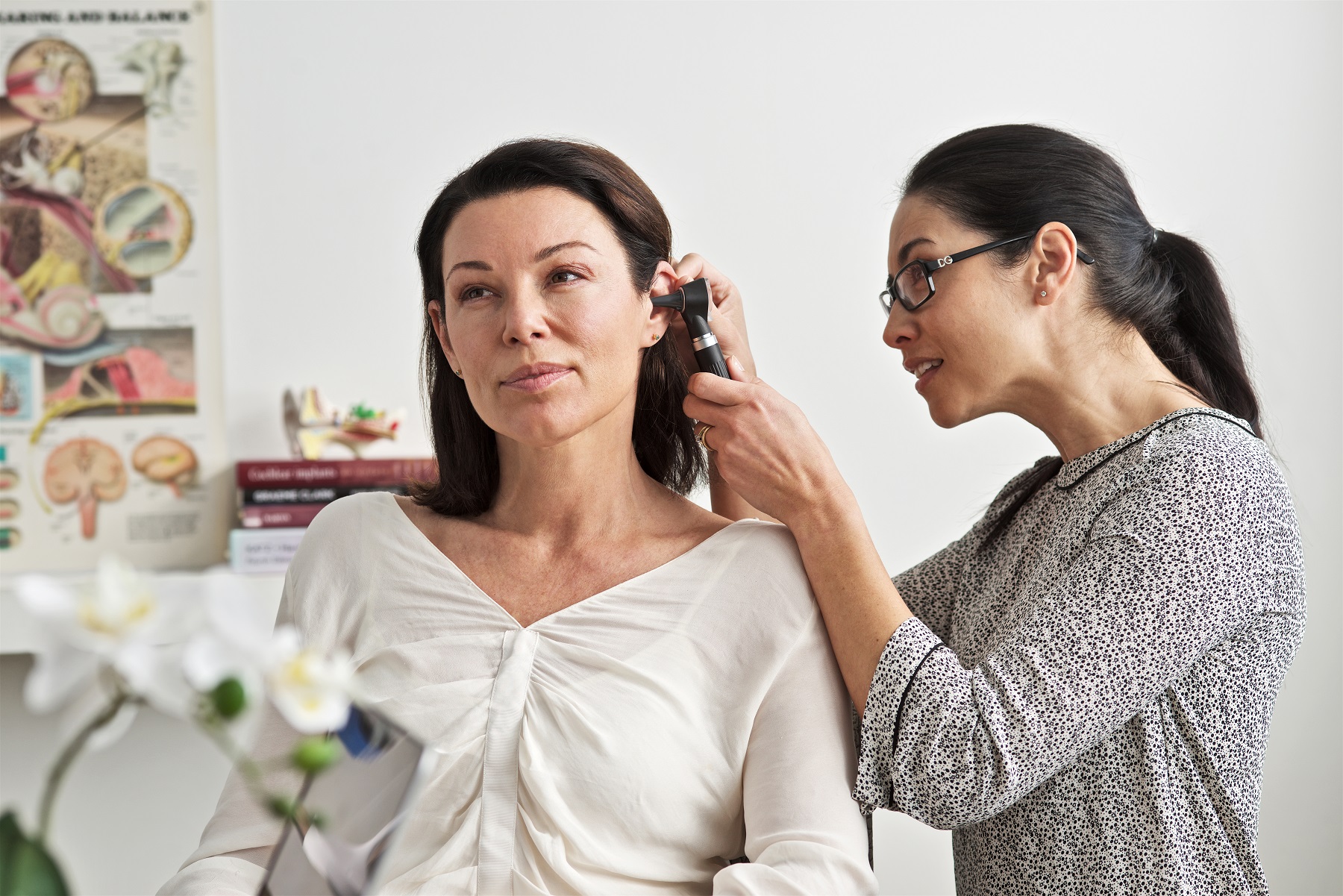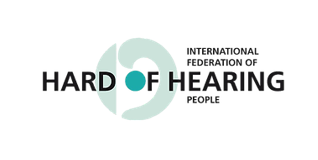Reconfiguring CI services: the ‘new normal’
Covid-19 has necessitated that many patient pathways to be reconfigured due to social distancing as well as personal protective considerations for patients and staff. In this seminar we will consider the patient experience, the public health implications of Covid-19 for hearing healthcare professionals, surgery and anaesthesia risks, and organisational changes needed within a service to facilitate recovery of clinical activity.
Watch the presentations from this webinar here.
Chair: Gerard O’Donoghue (Nottingham)
Presenters: Katherine Bouton (US), Frank Lin (US), Bruce Gantz (US), Thomas Roland (US), Douglas Hartley (UK), Thomas Lenarz (DE), Robert Briggs (AU)









